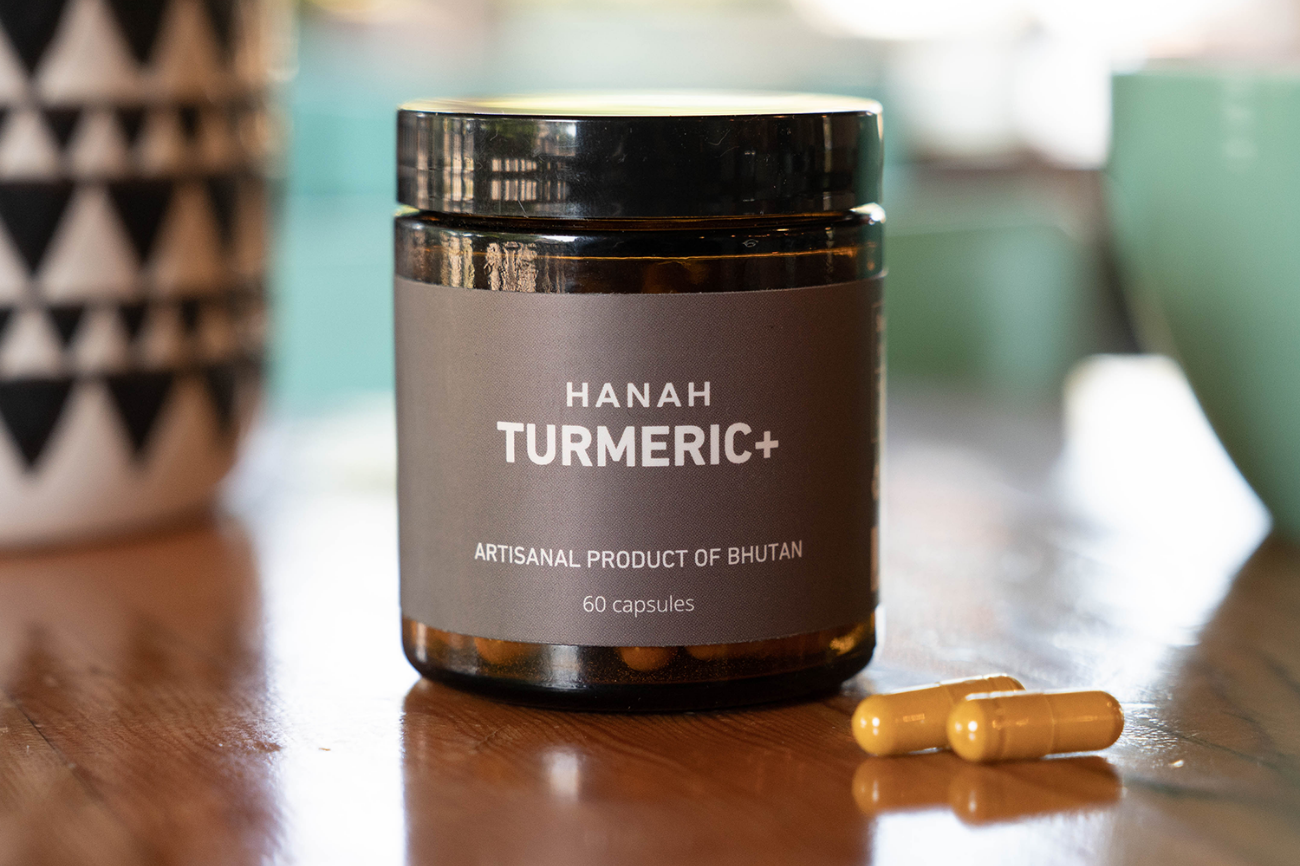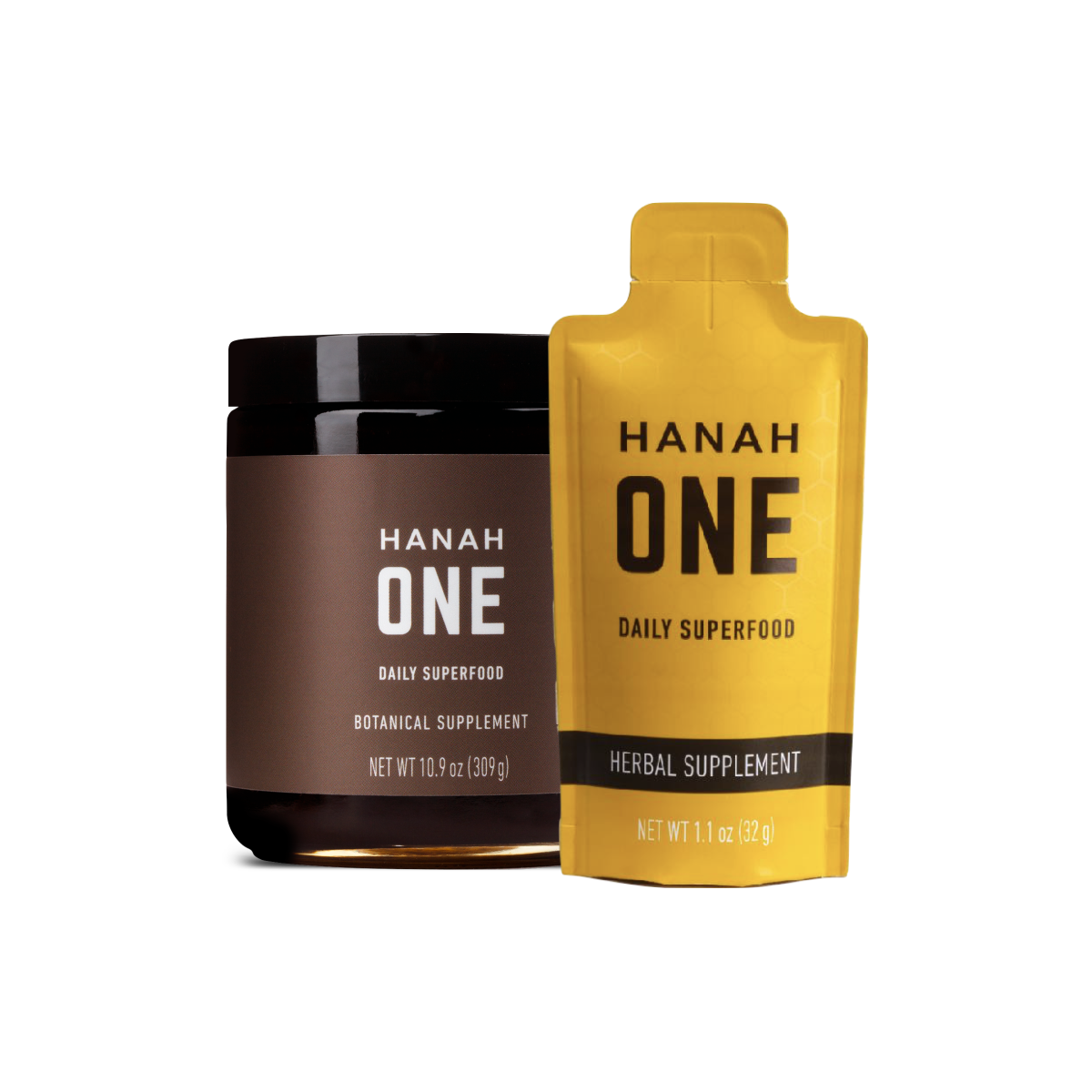Let's talk about inflammation

Inflammation: What it is, what causes it, and how to combat it.
What is inflammation?
Inflammation is your immune system's response to a perceived injury or infection. It is an innate immune response and is a normal part of the body's defense to injury — think a cut swelling up or a bruise. In this way, it is beneficial in your body's healing process as white blood cells flow in to fight infection and help you heal. However, this immune response can be triggered when it shouldn’t, and cause inflammation that persists over time, also called chronic inflammation. This type of inflammation occurs inside the body and can not necessarily be seen, which makes it more difficult to address.
What does it mean if someone has “inflammation”
The term inflammation is somewhat vague, considering the number of health concerns that come along with it. Brian fog, fatigue, joint pain, irritable bowel disease and allergies can all be signs of inflammation. You can have inflammation of the kidneys, which may cause high blood pressure. You can even have inflammation of the heart, which may cause fluid build-up or shortness of breath. Because so many health issues are correlated with inflammation, reducing inflammation and treating the root of these issues is essential.
Factors that can cause inflammation?
There are a number of factors that can cause inflammation. Stress, environmental toxins, and food can all play a role in inflammation. Stress causes your body to have a fight-or-flight response, and when you are in this mode constantly, your body begins to wear down which can lead to a persistent state of inflammation. Exposure to endocrine disrupting chemicals causes disruption at the cellular level by initiating inflammation. Repeated exposure to toxins can overwhelm our liver, which ultimately becomes another reason we experience chronic inflammation. The food we eat also contributes to inflammation. Foods like sugar, refined carbohydrates, hydrogenated oils, fried foods, trans fat and alcohol all depress the immune system while increasing inflammation, increasing the risk for autoimmunity, and damaging the epithelial tissue.
What can we do to combat inflammation?
We can incorporate anti-inflammatory foods in our everyday diet, as well as supplement with some of the best natural anti-inflammatory herbs, including Turmeric+. Some of the best anti-inflammatory foods to start implementing in your diet daily include:
- Leafy green vegetables
- Berries - blueberries, raspberries, strawberries, cherries
- Nuts - almonds, walnuts
- Salmon
- Coconut oil
- Chia and flax seeds
- Ginger
- Turmeric
Turmeric’s primary compound, curcumin, is its active anti-inflammatory component. It has been shown to decrease inflammation in the entire body, increase joint mobility, increase digestion, and support heart and brain health. HANAH’s Turmeric+ is sourced at peak potency and blended with black pepper for optimal absorption.







Leave a comment
This site is protected by hCaptcha and the hCaptcha Privacy Policy and Terms of Service apply.